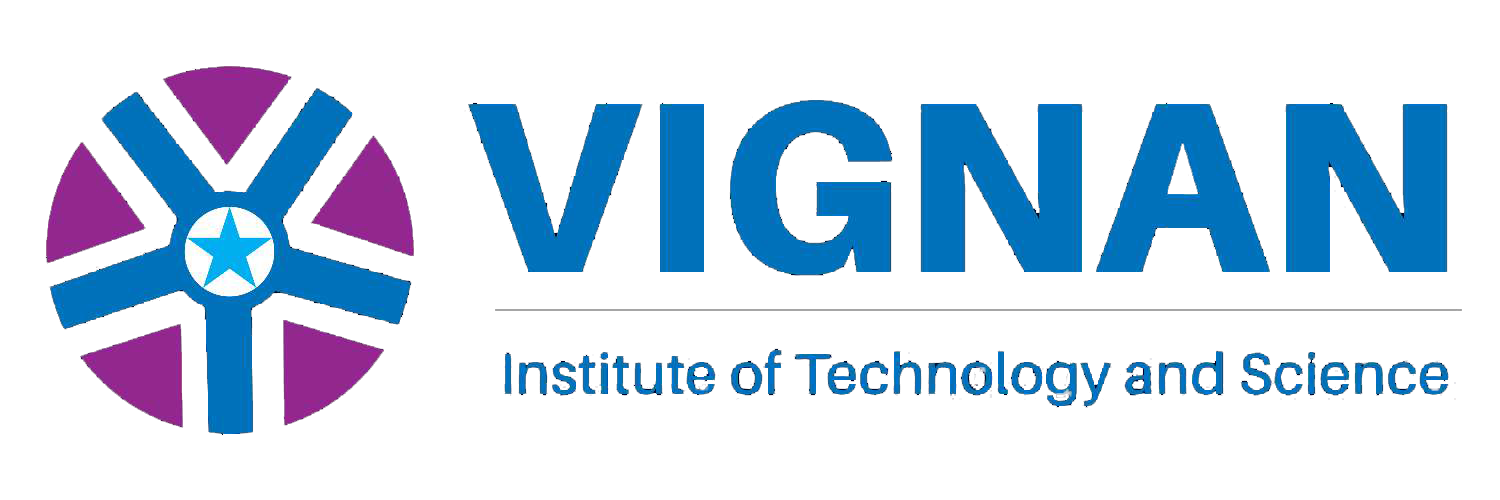To empower individuals to acquire advanced knowledge and skills with cutting edge combination in Artificial Intelligence and Data Science with Analytical Visualization Technologies through excellent standards of quality-education by nurturing collaborative innovations towards serving the greater cause of society.
- Inculcate the students with strong fundamental concepts in Artificial Intelligence and Data Science with analytical capability, programming and problem-solving skills.
- Create an ambience of technology enabled learning through innovation of computing, expert system, self-learning, sound academic practices and research endeavors.
- Establish State of the art Research Labs in various domains of computer science to facilitate learning, knowledge creation and dissemination.
- Provide opportunities to promote organizational and leadership skills in students through various extra-curricular and co-curricular activities.
-
Engineering knowledge: Apply the knowledge of mathematics, science, engineering fundamentals, and an engineering specialization to the solution of complex engineering problems.
-
Problem analysis: Identify, formulate review research literature and analyze complex engineering problems reaching substantiated conclusions using first principle of mathematics, natural science and engineering science.
-
Design/development of solutions: Design solutions for complex engineering problems and design system components or processes that meet the specified needs with appropriate consideration for the public health and safety, and the cultural, societal, and environmental
-
Conduct investigations of complex problems: Use research-based knowledge and research methods including design of experiments, analysis and interpretation of data, and synthesis of the information to provide valid conclusions.
-
Modern tool usage: Create, select, and apply appropriate techniques, resources, and modern engineering and IT tools including prediction and modeling to complex engineering activities with an understanding of the limitations.
-
The engineer and society: Apply reasoning informed by the contextual knowledge to assess societal, health, safety, legal and cultural issues and the consequent responsibilities relevant to the professional engineering practice.
-
Environment and sustainability: Understand the impact of the professional engineering solutions in societal and environmental contexts, and demonstrate the knowledge of, and need for sustainable development.
-
Ethics: Apply ethical principles and commit to professional ethics and responsibilities and norms of the engineering practice.
-
Individual and team work: Function effectively as an individual, and as a member or leader in diverse teams, and in multidisciplinary settings.
-
Communication: Communicate effectively on complex engineering activities with the engineering community and with society at large, such as, being able to comprehend and write effective reports and design documentation, make effective presentations, and give and receive clear instructions.
-
Project management and finance: Demonstrate knowledge and understanding of the engineering and management principles and apply these to one’s own work, as a member and leader in a team, to manage projects and in multidisciplinary environments.
-
Life-long learning: Recognize the need for, and have the preparation and ability to engage in independent and life-long learning in the broadest context of technological change.
PSO1 Exhibit Expertized Domain Knowledge: Able to Analyze and Apply Domain knowledge in Artificial Intelligence, Data Science, Machine Learning, Big Data to solve complex problems solving effectively and efficiently in par with the expected quality standards.
PSO2 Critical thinking to Design Expert Systems: Able to Exhibit Expertized technical and critical thinking skills in the discipline of Artificial Intelligence and Data Science to find solutions to design expert and Intelligent Systems. Also Enabling the Graduates stay relevant and competitive in their careers.
PSO3 Ability to Establish Innovative Ideas: Establish innovative ideas to instigate new business ventures to fulfill the needs of diverse audiences and Entrepreneurships to make meaningful contributions to their organizations and society.
PEO1: Core Knowledge:Inculcate in students a firm grasp of foundational concepts, as well as analytical, programming and problem-solving skills for complex algorithms to solve real-world problems across different domains.
PEO2: Proficiency with Innovation: Ability to design AI Models, implement closely intertwined with Data Science concepts with a focus on advanced algorithms to drive innovation, and create value to their work.
PEO3: Lifelong Amplifying Growth: Addressing societal challenges through cutting-edge research, center of excellence for improving career prospects through professional certification changes, and pursuing higher education and Entrepreneur opportunities.
